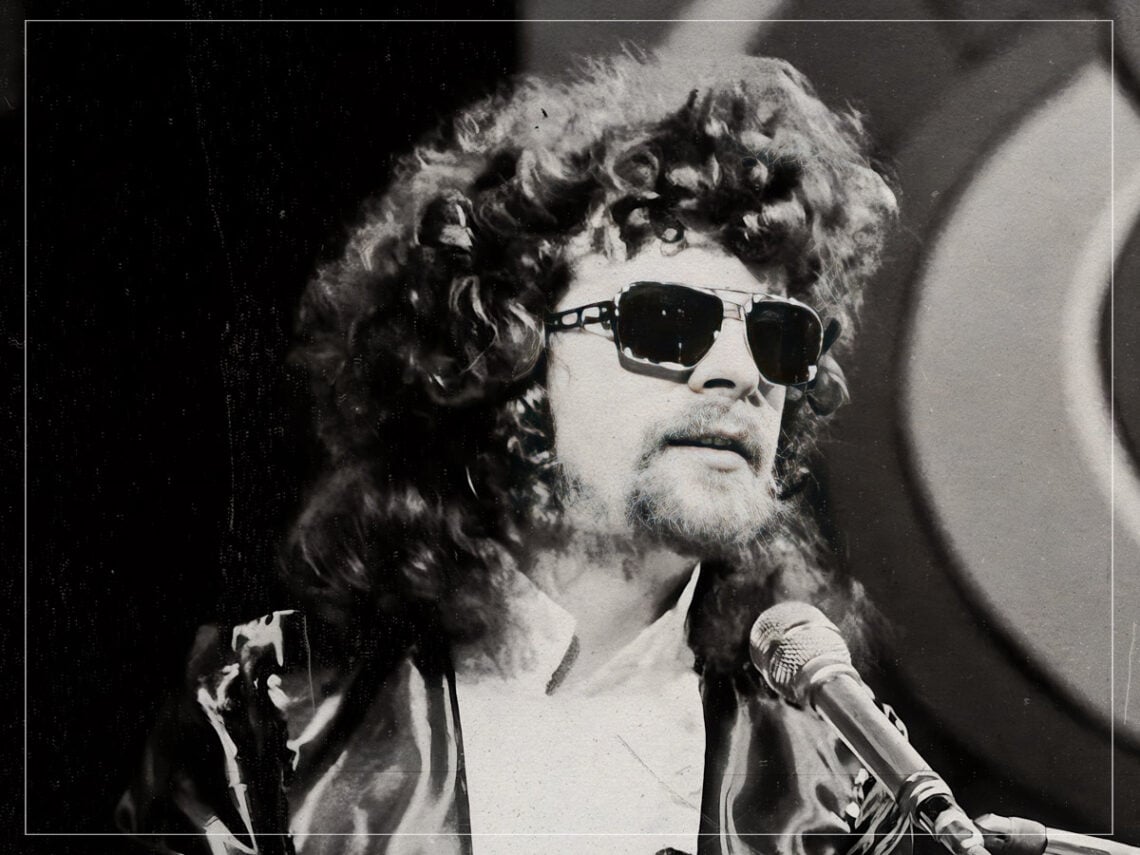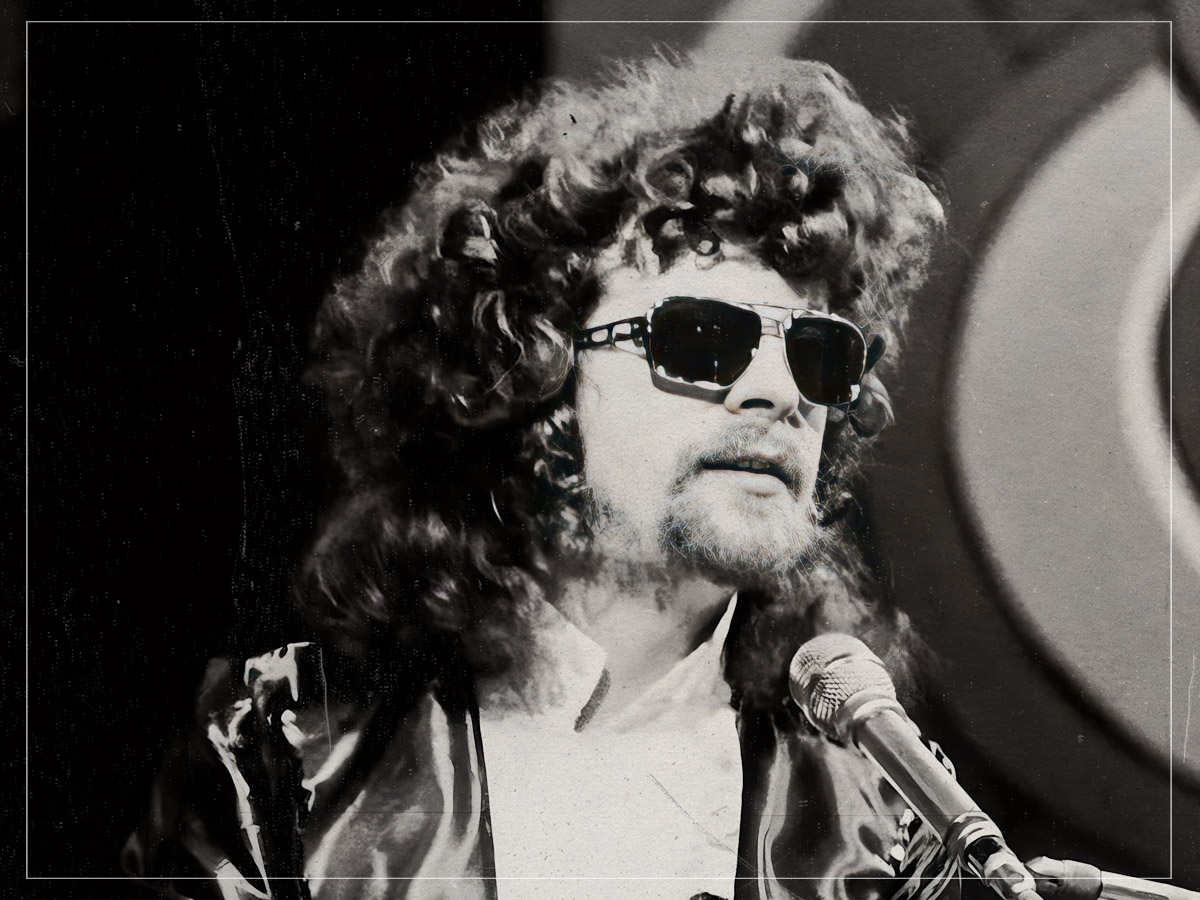
(Credits: Far Out / Alamy)
There’s never a set formula for how to create the perfect production for any rock and roll song. Everyone reacts to music differently, which can come down to people not having the right idea for a song whenever they enter the studio or starting from scratch once they have a microphone in front of them. And even for seasoned veterans like Jeff Lynne, he had his fair share of troubles when trying to translate what the artist wanted onto the final tape.
Then again, that was already a problem when he was the one coming up with all the music. Electric Light Orchestra was always his brainchild alongside Roy Wood in the early days, but when he started taking over the group, the idea of making a massive orchestration every single time he made a record seemed less and less feasible, trying to take on the road too many times a year.
It only made sense for him to work on something for other music legends. Tom Petty may have clicked with him immediately when working on albums like Full Moon Fever, but when he brought the rest of the Heartbreakers to work on Into the Great Wide Open, he had a much harder time trying to figure out how everyone worked off each other, which led to them getting back to something more organic on Wildflowers.
If there was one person that Lynne saw eye-to-eye with most of the time, it was George Harrison. From going on vacation together to jamming together on their off hours, Lynne seemed to be a member of The Beatles’ family long before he started working on the Anthology project, to the point where he seemed like the one musician who could incorporate some Beatles sounds into ‘The Quiet One’s solo hits.
“It was difficult to make decisions when nobody was there to say, ‘I hate that, you b*****d!’ Some of it had been done quite a while before.”
Jeff Lynne
So when Harrison found out his time on this Earth was running short, Lynne remembered getting a call from George’s son, Dhani, to work on what would become Brainwashed, saying, “Dhani asked me if I could mix it with him at my studio. Working on Brainwashed was a very sad thing, because he was a great pal, and now he was gone. It was difficult to make decisions when nobody was there to say, ‘I hate that, you b*****d!’ Some of it had been done quite a while before.”
So that meant sorting out some songs that weren’t quite good enough for the final album, but it also involved unclogging a lot of the good moments. Tunes like ‘Between The Devil and The Deep Blue Sea’ were ready to go before Lynne got involved, but listening to ‘Marwa Blues’, Lynne remembered having to sort through mountains of guitar tracks until he found what he was looking for.
When discussing the mixing of the record, Lynne remembered having to sort through countless guitars before settling on the right thing, saying, “It was like five lead guitar tracks going at once, and we said, ‘How the hell are we going to sort this out?’ After days of listening to every single note, we realised what it was and found the tune while everything else was noodling. I remember Dhani being over the moon.”
And listening to the finished track, some kind of divine presence comes into the room when the track comes on. Harrison was always spiritual in every aspect of his music, but this was his opportunity to sing his final prayer to humanity on the instrument he knew best, with that brilliant slide guitar that could make anyone cry.
Lynne may have been the one having to arrange the different tracks, but listening to him talk about the mixing, it almost feels like Harrison had his hand on his shoulder, guiding him through different pieces of the mix. He may not have been there in his physical form anymore, but this was the closest anyone could have come to capturing his essence on a track.
Related Topics
Subscribe To The Far Out Newsletter
